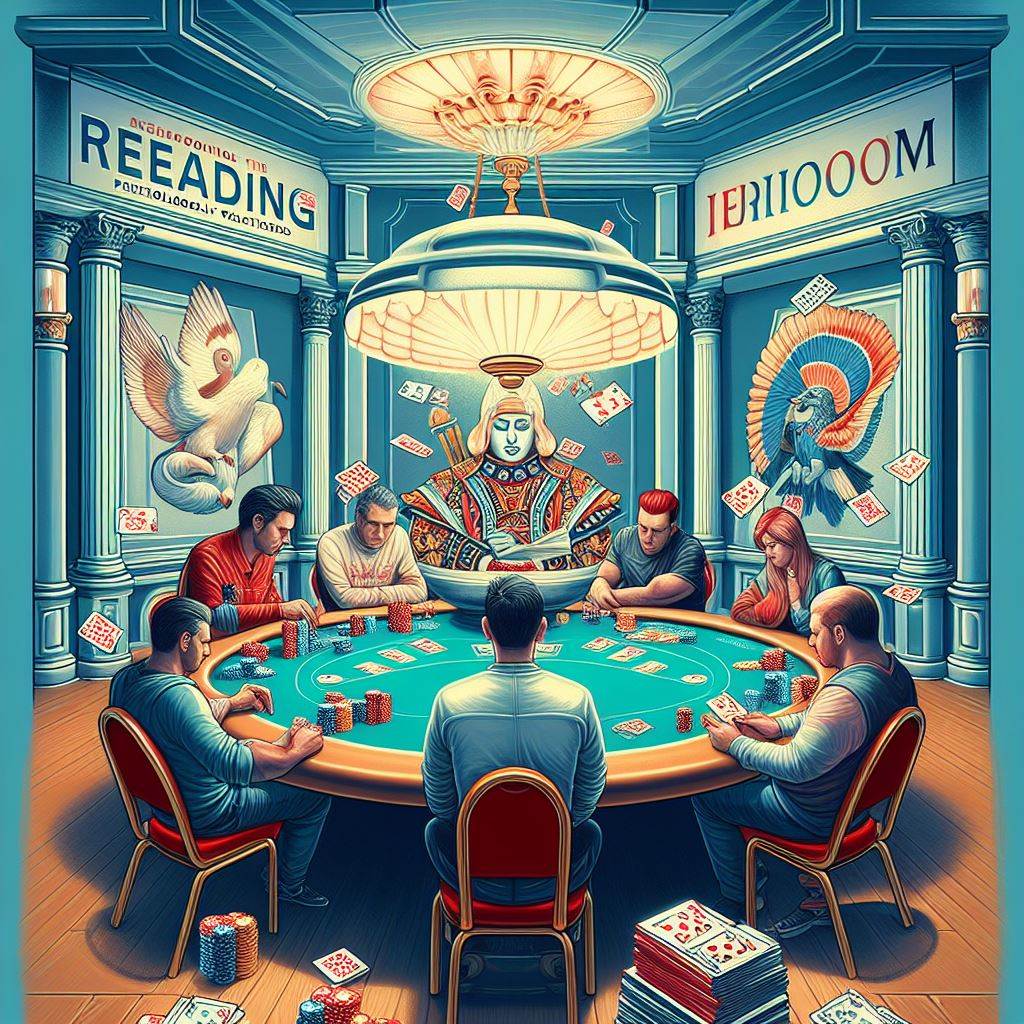Poker is more than just a game of cards; it’s a sophisticated interplay of psychological warfare, Psychological Strategies for Casino Poker where reading the room can be as crucial as the cards you hold. This article explores the psychological strategies that can turn the tables in your favor, enhancing your ability to read opponents and make strategic decisions that can lead to significant wins in casino poker.
The Importance of Observational Skills
The foundation of any successful poker strategy is the ability to observe and interpret the behavior of your opponents. Every gesture, glance, and comment can provide insight into a player’s mindset and potential hand. Developing keen observational skills involves more than just watching for obvious ‘tells’—involuntary reactions that might reveal a hand’s strength. It involves understanding the subtleties of body language, betting patterns, Psychological Strategies for Casino Poker and even the timing of decisions.
Understanding Player Types
One of the first steps in reading the room is to categorize your opponents based on their playing style. Typically, players fall into one of the following categories:
- The Aggressor: Often bets and raises, pushing others to make difficult decisions.
- The Passive Player: Prefers to call and check, avoiding confrontation.
- The Tight Player: Plays a limited number of hands and folds often.
- The Loose Player: Plays a wide variety of hands, often going to the flop and beyond.
Identifying these types early in the game can help you predict their actions and exploit their tendencies.
Leveraging Psychological Pressure
Applying psychological pressure is a tactic used to unsettle opponents and force errors. This can be achieved by maintaining a calm demeanor, controlling the pace of the game, and using aggressive betting when advantageous. Psychological pressure can make opponents doubt their judgment, leading to less rational, more emotional play.
The Art of Deception
Deception is a key element of poker. Successful players must be able to bluff and to detect bluffs. This dual capability requires a deep understanding of how human emotions interact with risk-taking behaviors. For instance, players who are bluffing might exhibit signs of stress such as dilated pupils, increased heart rate, or a change in voice pitch. Conversely, when attempting to bluff, maintaining a relaxed posture and steady breathing can help mask any involuntary tells.
Emotional Control
Managing your own emotions is just as important as reading those of others. Emotional control, or maintaining a ‘poker face,’ ensures that your reactions do not give away the strength of your hand. This also involves managing tilt—a psychological state of frustration where a player makes suboptimal decisions. Staying level-headed, even in the face of bad beats or high stakes, can keep your decision-making sharp and focused.
Adaptive Strategy
As the game progresses, the ability to adapt your strategy based on the changing dynamics of the table is crucial. This means reassessing the effectiveness of your psychological tactics and being willing to adjust your approach as you gain more information about your opponents’ tendencies and psychological states.
Psychological Endurance
Poker games, especially in a casino setting, can last for many hours. Psychological endurance involves maintaining concentration and patience over long periods. This stamina can be the difference between a good player and a great one, as fatigue can lead to mistakes and missed opportunities.
Conclusion
Mastering the psychological aspects of poker is essential for anyone looking to succeed in the competitive environment of casino poker. By developing your ability to read the room, understand player psychology, and control your own emotions, you can gain a significant edge over your opponents. Remember, in poker, psychological insight can be just as important as the cards you are dealt.
Baca Juga: Online Slots vs. Traditional Slot Machines: A Comprehensive Comparison



